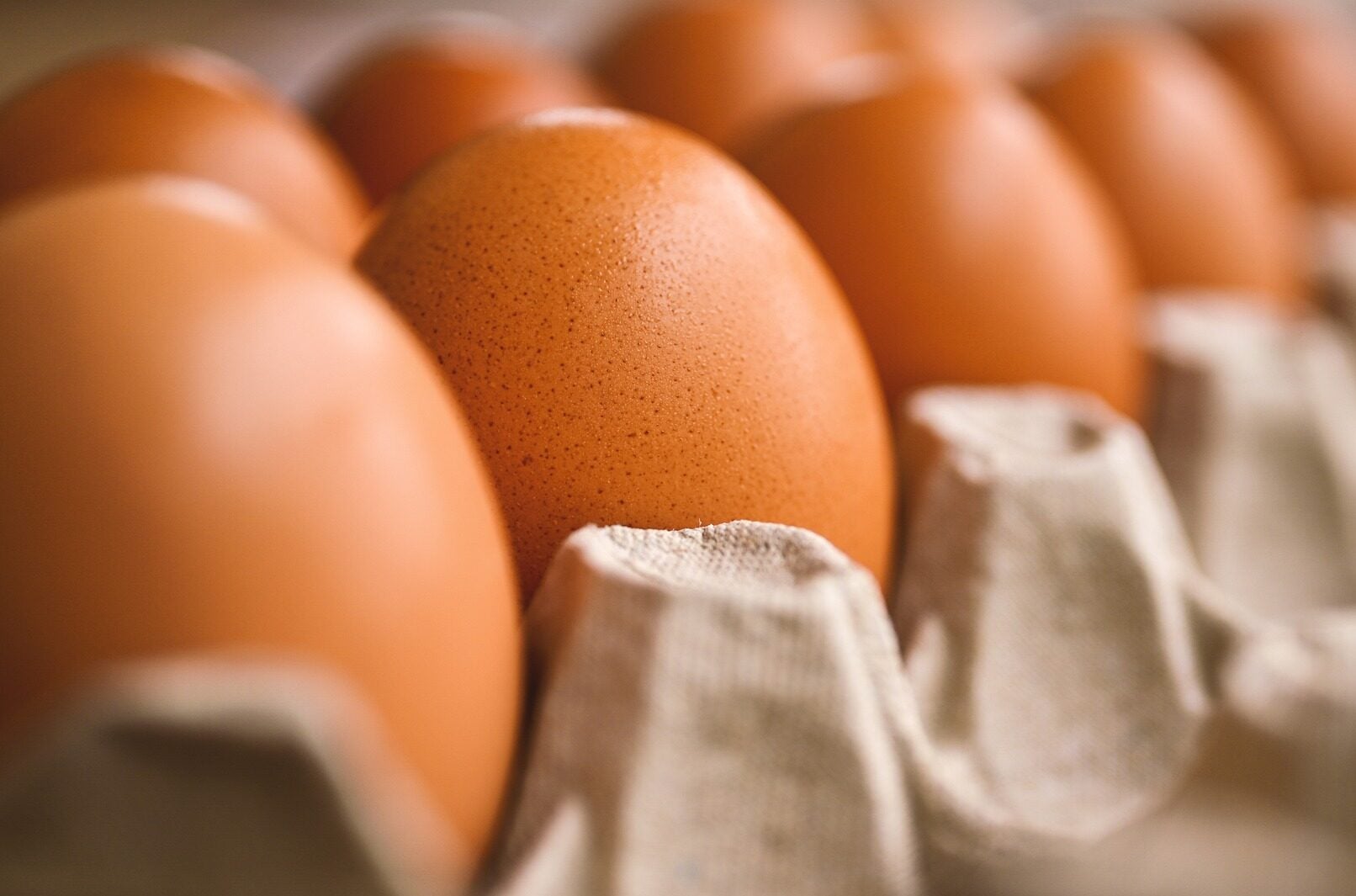
Global egg prices are predicted to remain at an all-time high until the end of the year, research suggests.
Bird flu and rising cost of feed were cited for the historic levels in a report by Dutch investment bank Rabobank.

Discover B2B Marketing That Performs
Combine business intelligence and editorial excellence to reach engaged professionals across 36 leading media platforms.
Egg prices roughly follow the FAO Food Price Index, which has been steadily declining since Russia invaded Ukraine.
But in the first quarter of 2023, eggs cost more than double that in the same period last year, according to the bank’s research arm RaboResearch.
“Rabobank’s global egg price monitor reached a new record in Q1 2023, with the index now peaking above 250, which means prices are 2.5 times higher than the reference year of 2007, and have increased more than 100% since this time last year,” explained Nan-Dirk Mulder, senior analyst at Rabobank.
High feed costs also have a big influence on prices. “Feed represents 60% to 70% of a layer farmer’s costs, so any change or uncertainty surrounding feed costs affects egg prices and supply,” claimed Mulder.

US Tariffs are shifting - will you react or anticipate?
Don’t let policy changes catch you off guard. Stay proactive with real-time data and expert analysis.
By GlobalDataAnd the forecast remains steady for the rest of the year, particularly for countries still struggling with avian influenza. “The fast spread of AI in Latin America, for example, has had a big impact, with prices spiking in the countries most affected by outbreaks,” the report stated.
Mulder cited previous egg-price peaks which were followed by “similar price drops one to two years later”. He said: “This is usually caused by producers’ response to periods of higher margins. They typically increase hen numbers to try to tap into higher prices, thus creating oversupply.”
However, this time he is not hopeful price rises will follow the same trend. “We think prices will go down in countries and regions with extreme price peaks like the US, Europe, and Japan, but likely not to the sorts of lows we have seen following other crises,” he said.
FoodDrinkEurope declined to comment on the report but directed Just Food to its own report which outlined that the producer price index (PPI) in food and drinks is exceeding consumer price inflation in food in the EU.
The report showed that PPI in December for food and drinks was up 20.1% over the last 12 months, versus food inflation of 18.2%. Meanwhile, animal feed was up 22%.





